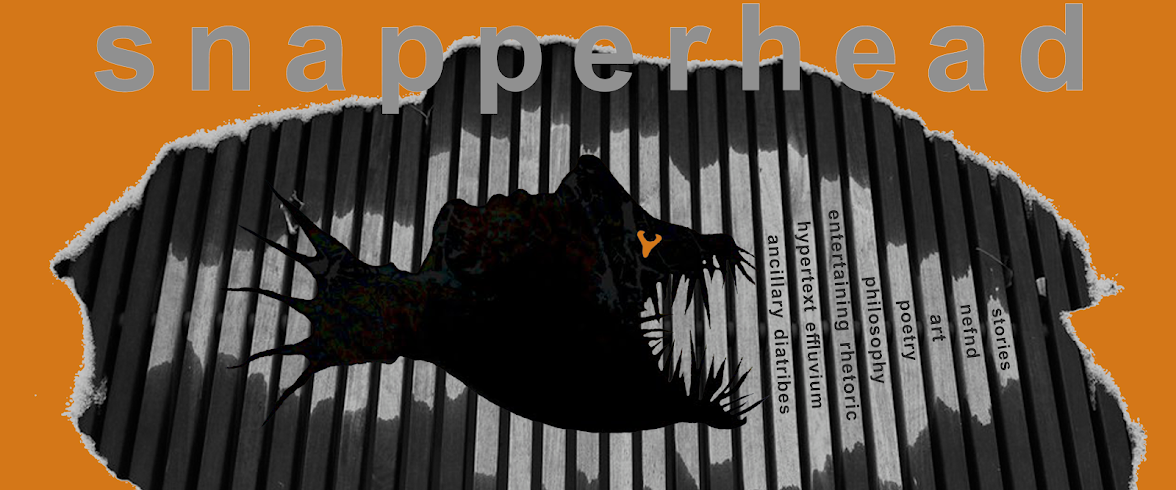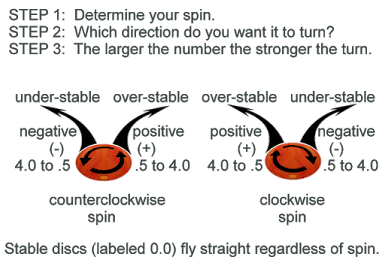 Altruism is defined as a selfless act of kindness. While saying altruistic kindness is rhetorically redundant (like free gift or rhetorical redundancy), the term altruistic evil is an oxymoron, used in an overt attempt to draw attention to the paradox (e.g. cold fire).
Altruism is defined as a selfless act of kindness. While saying altruistic kindness is rhetorically redundant (like free gift or rhetorical redundancy), the term altruistic evil is an oxymoron, used in an overt attempt to draw attention to the paradox (e.g. cold fire).The first step is to determine when an act can be labeled as altruistic. When doing so, there is but one hurdle: identifying the elusive absence of self-benefit.
When searching for a perfect example, invariably, Mother Theresa’s name arises. I posit that although her actions were without material gain, she was motivated by a self-imposed duty to her deity and–like any religious zealot’s–her sights were always on receiving an “ultimate reward,” (which the faithful believe is received after death). Altruism was, consequently, not present.
Ten years ago, when Ted Turner made a magnanimous gift of one billion dollars, the term altruism was used. This wasn't altruism. Besides obvious tax benefits, anyone who blares their own horn (at the time, CNN–his own international media company–touted his largess incessantly) clearly intended to profit socially, politically, and historically.
The best example of altruism is a hypothetical one: A non-suicidal atheist, with no life insurance, dives on a grenade to save the lives of the men in his foxhole. Although the atheist’s death is not a requirement, his belief that the grenade is going to detonate is.
Selfishness, commonly used to define the opposite of altruism, is a bland and ineffective term. The best label for committing selfless acts of unkindness is: Altruistic Evil. At first glance, one may think most acts of unkindness are selfless acts. That's untrue. I suspect almost every act of evil is committed with self-gratification as the primary raison d'être.
Suicide bombers, kamikaze pilots (the 11 Sep 01 pilots have joined their ranks), Nazi concentration-camp soldiers, the reverend Jim Jones, Hitler, Pol Pot, The Son of Sam, Jeffery Dahmer, the dude who tossed the aforementioned hand-grenade; whomever one envisions as the embodiment of the antithesis of the insurance-less atheist in the foxhole–their motivations can almost always be labeled: duty, loyalty, greed, self-aggrandizement, or martyrdom.
I qualify this with the addendum that many evil people (possibly, many of those listed above) were irrational or insane and although it may be argued that killing because ‘your neighbor’s German Shepard told you to’ qualifies as selfless–I contend that any action taken to please one’s inner voices qualifies as the ultimate in selfishness...even if one is too much of a snapperhead to recognize the voices are internal.
The best examples of evil altruism are hypothetical: An apolitical atheist adds a lethal poison to the machinery near the beginning of a food supply; without knowing the destination of the food, with no specifically identified targets, and with no chance of being caught. Then, the poisoner never tells anyone. Or... A wallet is found on the ground (no matter if it's empty or contains someone's life savings) and the person who found it, drops it in a dumpster without opening it.
It could be argued that the ‘thrill factor’ is sufficient personal benefit to disqualify these as selfless acts of unkindness. (Possibly a similar thrill of accomplishment which motivates computer-virus designers and their older hacker-cousins.) But, couldn't the grenade-diver's training or conditioning have influenced his decision to "take the biggest-possible-one for the team" be loyalty? And if the three seconds–between diving and boom–was filled with self-pride, then, was it altruistic? Also, is death a viable measuring stick?
To measure altruistic evil you also have to determine intent. Just like loyalty, duty, honor, and martyrdom disqualify ones actions from being altruistic; carelessness, negligence, apathy, and accidental acts lack sufficient malice to qualify as evil.
I realize there is, really, no conclusion to be made here. In fact, as I typed these paragraphs, I came to the conclusion that I have no real point to make. Except this: a word exists that defines an act that, arguably, can not exist. And its opposite, also, seems impossible.
evil, Mother Theresa, altruism, Ted Turner, altruistic

















































